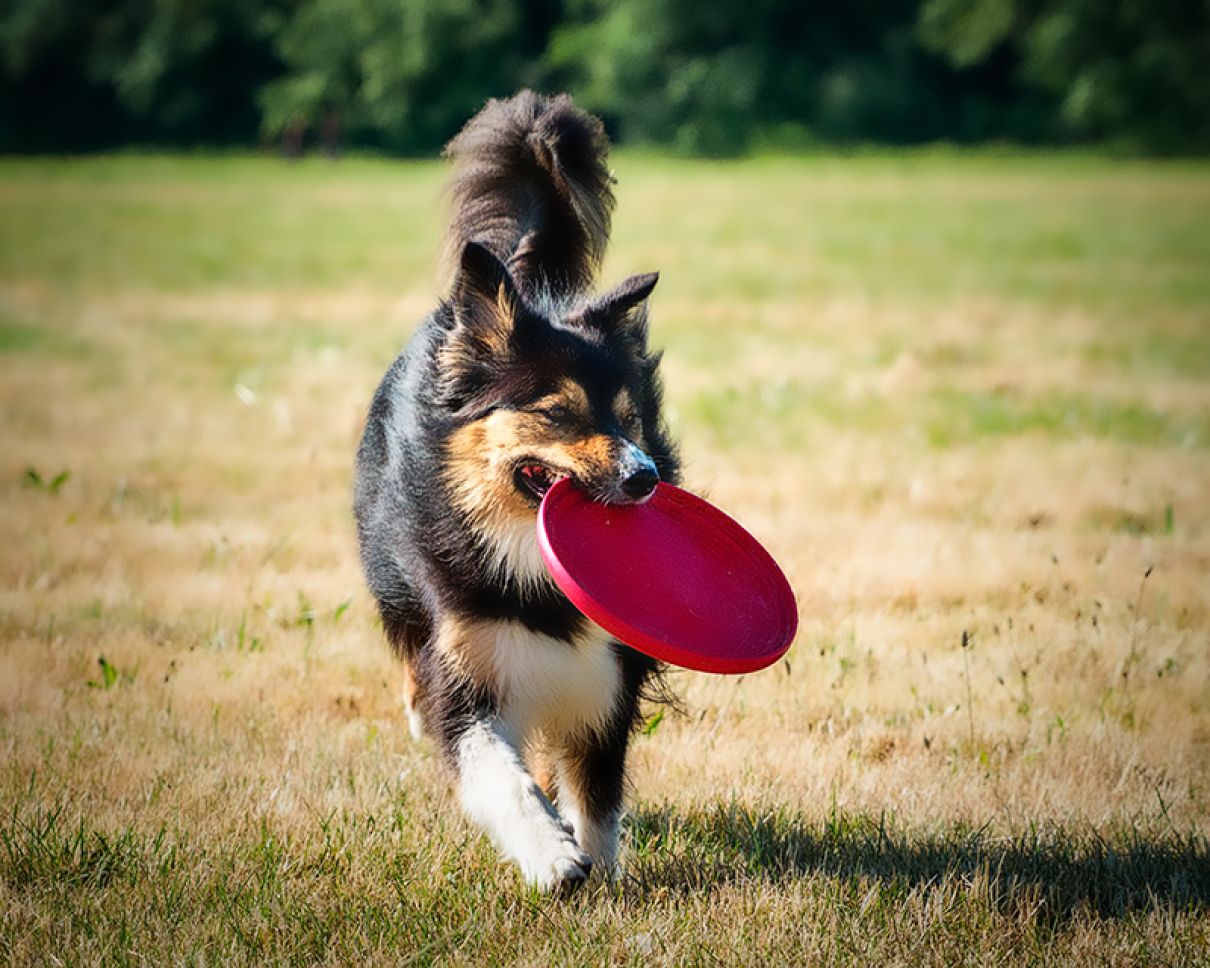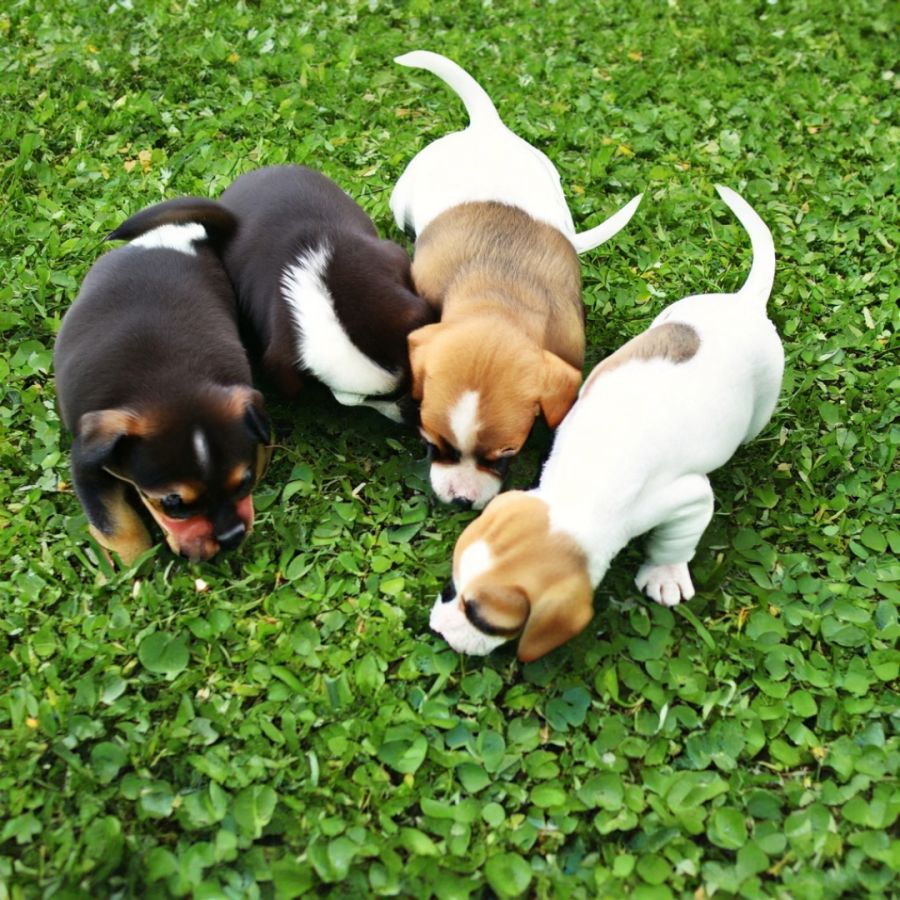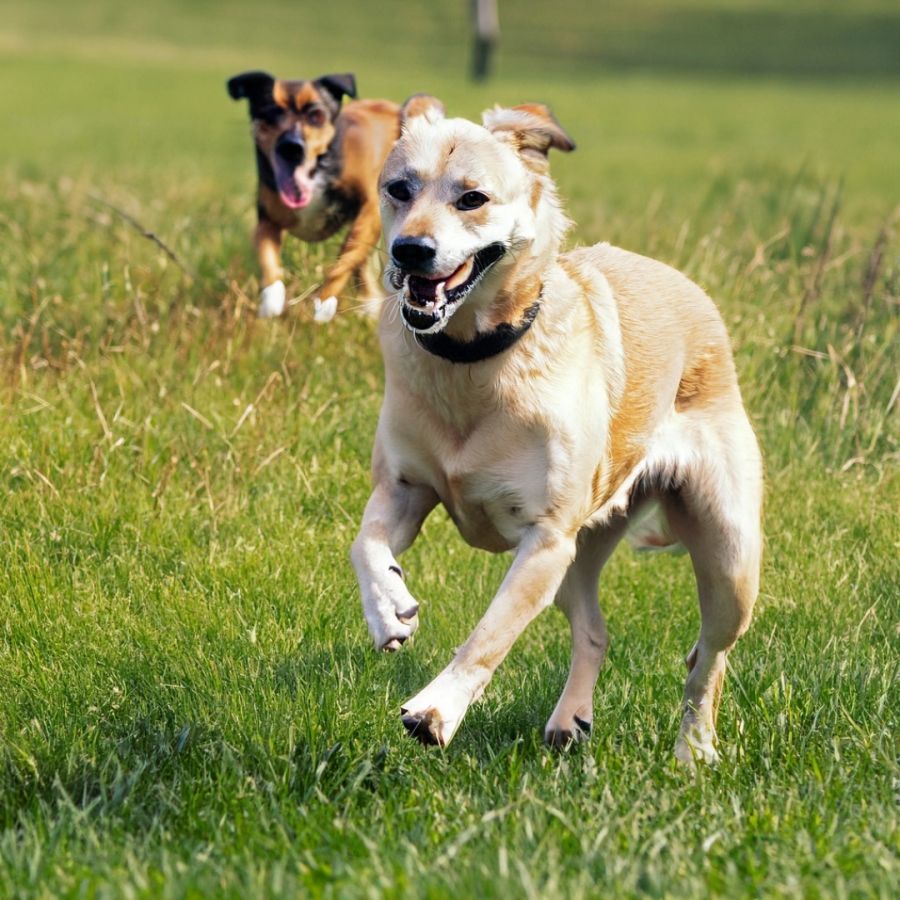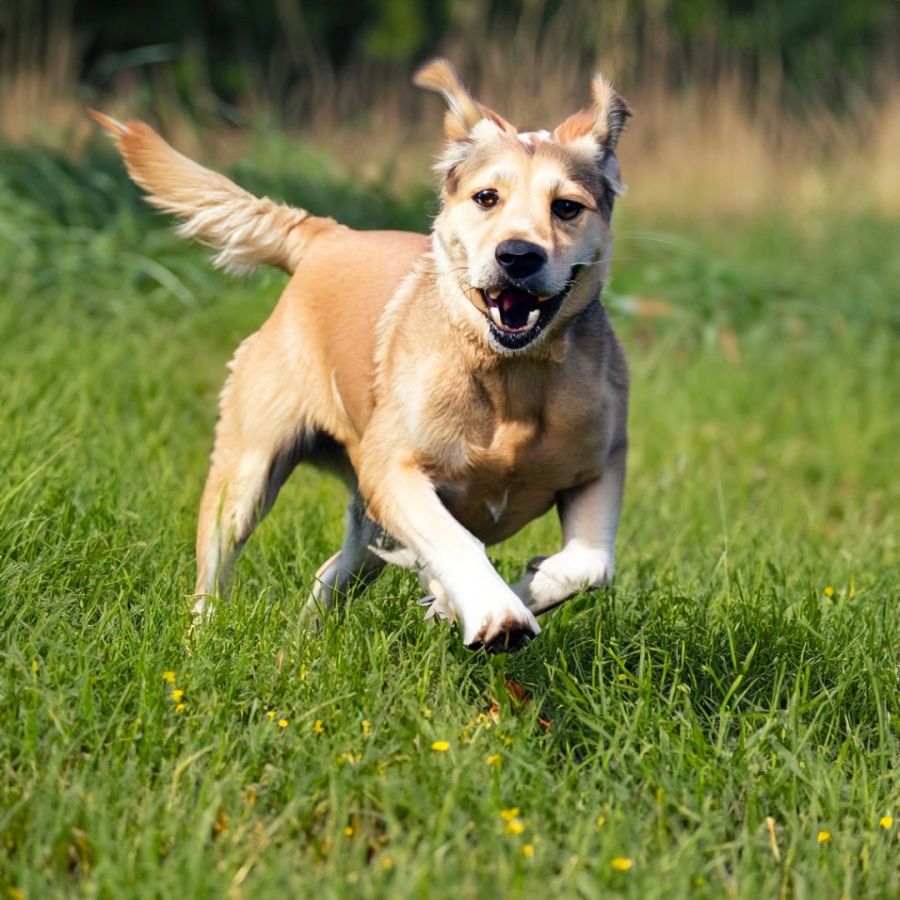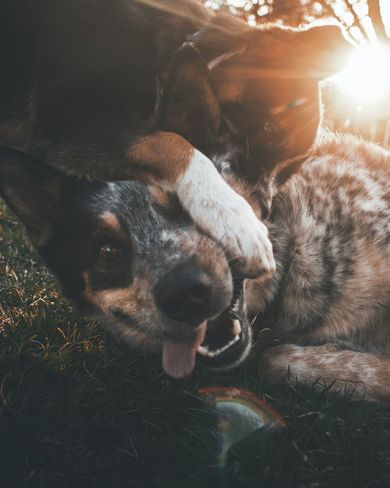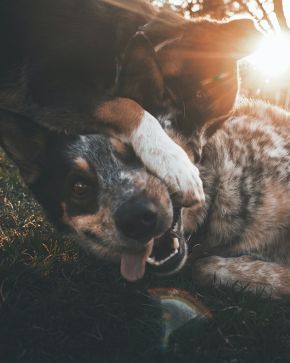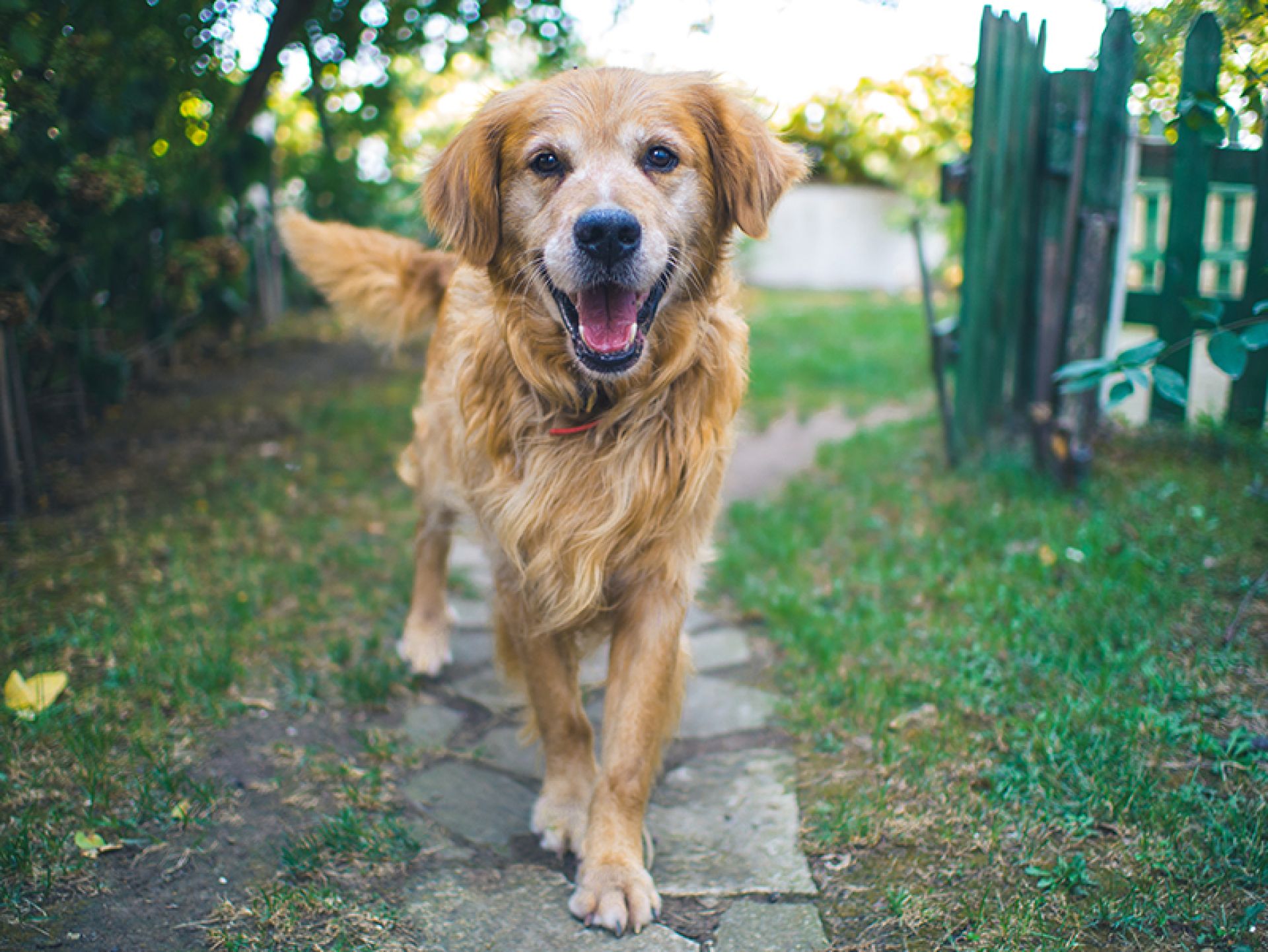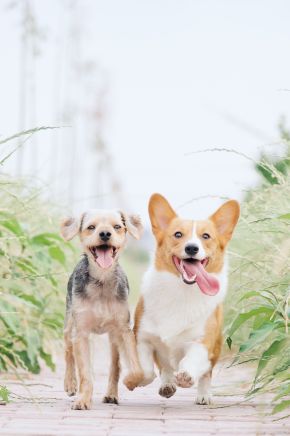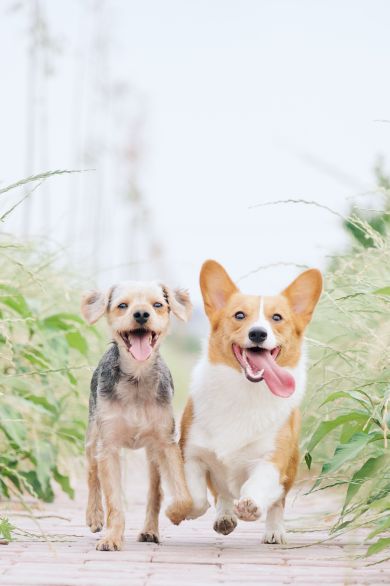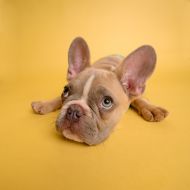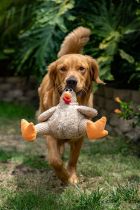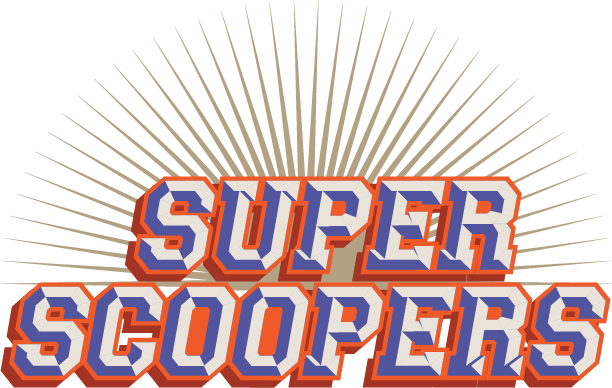
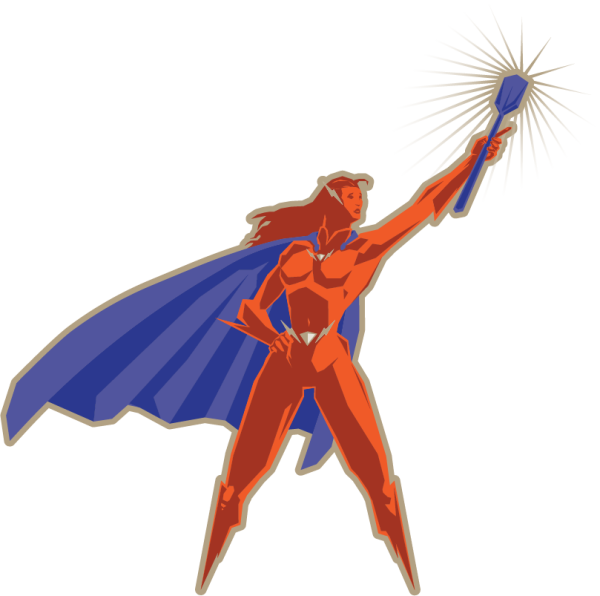
Dog Waste Removal Service
Schedule us to clean up after your dogs and make your yard a fun and clean place for your family. Join many other St Louisans who have reclaimed their yard by allowing us to clear the waste. Approximate rates listed.
How can you get started with our dog waste removal service?
Complete the Order Service form or call us at 314-313-7747.
About Us
Just like you, we love our dogs and everything about them. Well…except their poop. Super Scoopers is a local, woman owned, small business dedicated to pet waste removal. We provide a reliable and efficient service with flexible scheduling and reasonable rates. Let Super Scoopers rescue you and your yard from the poop menace.
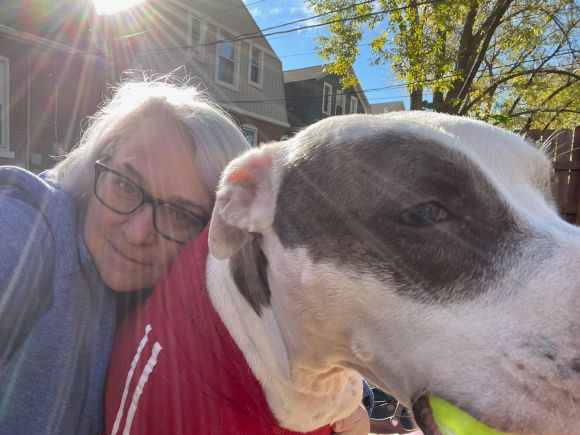
Dog Poop Facts
Pests
Dog Poop is not Fertilizer
Dog Poop Diseases
It has been estimated that a single gram of dog waste can contain 23 million fecal coli bacteria, which are known to cause cramps, diarrhea, intestinal illness, and serious kidney disorders in humans. Dog feces are one of the most common carriers of the following diseases:
Corona, Parvo, Giardiasis , Whipworms, Salmonellosis, Hookworms, Cryptosporidiosis, Roundworms, Campylobacteriosis, Tapeworms
